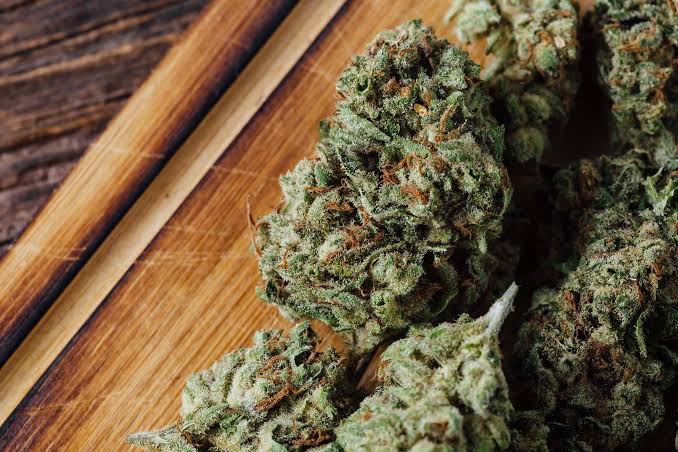
A heated national debate has emerged over the proposed legalisation of cannabis oil for medicinal use in Nigeria, with lawmakers, health experts, and regulatory agencies sharply divided on the economic and health implications of the move.
The conversation gained fresh momentum this week following renewed calls from medical researchers and some members of the National Assembly to approve the controlled use of cannabis oil-based medicine, citing its proven therapeutic benefits for chronic pain, epilepsy, and cancer-related symptoms.
While proponents argue that Nigeria could reap huge economic benefits from the fast-growing global medical cannabis industry, the National Drug Law Enforcement Agency (NDLEA) has warned against any policy that permits local consumption, insisting that the country is not yet ready for such liberalisation.
NDLEA Chairman, Brig. Gen. Buba Marwa (retd), reiterated the agency’s stance that although the export of cannabis oil for foreign medical use could be regulated under strict supervision, local usage would pose significant health and enforcement challenges.
“We must be cautious. The abuse potential is high, and the societal cost could outweigh the economic gain,” Marwa said in Abuja.
However, some lawmakers and health professionals disagree. Senator Athan Achonu, who has been leading advocacy for medicinal cannabis legislation, maintained that a well-regulated framework could transform Nigeria into a regional hub for medical cannabis production and export.
“This is not about promoting drug abuse,” Achonu explained. “It is about science, medicine, and economic empowerment. With proper regulation, Nigeria can safely tap into a billion-dollar industry.”
Public health experts remain divided. While some acknowledge the potential for medical breakthroughs, others warn of the mental health risks associated with increased access to cannabis derivatives, especially among young Nigerians.
Civil society groups such as the International Society of Substance Use Professionals (ISSUP) and the National Council of Women Societies (NCWS) have also voiced opposition, citing fears that legalisation could worsen existing drug abuse problems in communities already struggling with addiction.
Meanwhile, the Ministry of Agriculture and the NDLEA have launched a joint “Alternative Development” programme to encourage cannabis farmers to transition to licit crops while studies on the medicinal and pharmacological properties of cannabis oil continue under the supervision of the Nigerian Academy of Science.
The proposed bill to legalise cannabis oil for medicinal and economic purposes is currently before the National Assembly. Its fate may hinge on how lawmakers balance economic aspirations with public health and security considerations.
